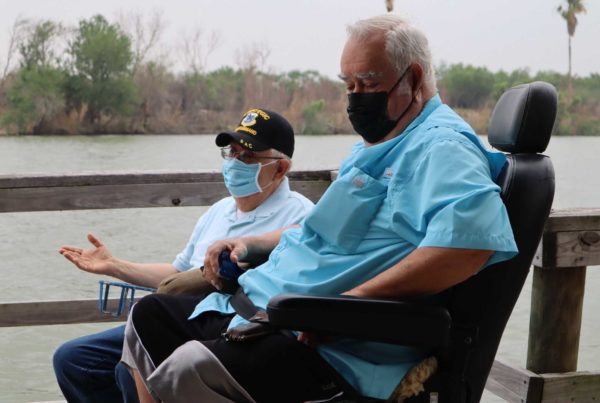Language is a part of our culture that is always evolving. Lately, some of that evolution has been in the way we use pronouns to accommodate expanding views about gender identity.
University of Texas at Arlington linguistics professor Laurel Stvan says these changes aren’t so much about the words themselves but about what they represent. She says debate over the growing use of the word “they” by some individuals who identify as transgender or gender non-binary is a good example.
“If you consider it is just a way of allowing comfort or offering respect to the people you’re talking to, then it no longer becomes something that has to be ‘grammar police,'” she told Texas Standard. “It’s just another way of being able to interact with people.”
Traditionally, the use of the word “they” described more than one person, place or thing. But Stvan says more and more, people have used it to describe single things – as in, “Somebody left their bag here,” she said. And that singular use has opened the door for using “they” as a pronoun.
Stvan says those who are resistant to the idea can think of pronouns as one more way to identify our unique selves, similar to how we use names and nicknames.
“People need to kind of just consider it the way we want to package and present ourselves to each other,” she said.
The way we identify ourselves is always changing. Just look at the use of the word “Ms.,” Stvan says. It originated in the 17th century, and came back into fashion in the 20th century so women could identify themselves regardless of marital status.
As a college professor, Stvan puts these concepts into practice. At the start of every semester, she has her students identify the pronoun they use for themselves. And she recommends it for everyone, not just students in the classroom setting.
“I think signaling the forms you want to be identified with up front, in a conversation, that can be really useful for anybody,” she said.














